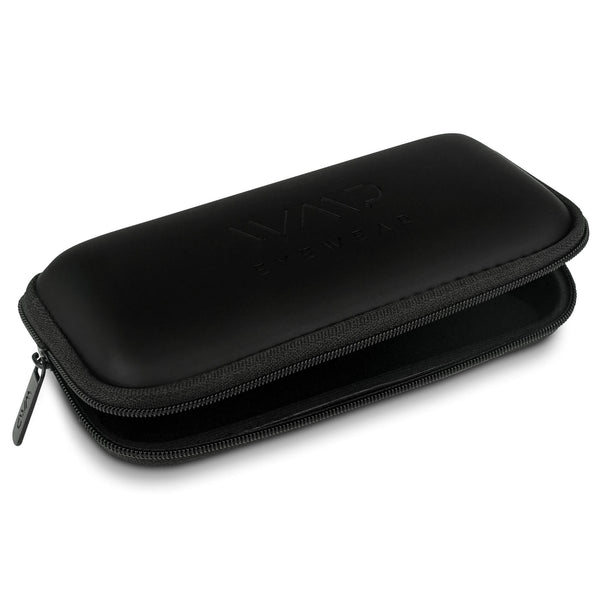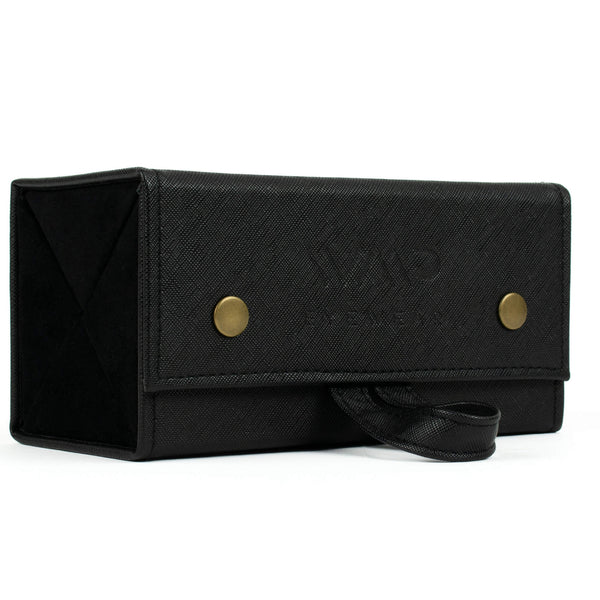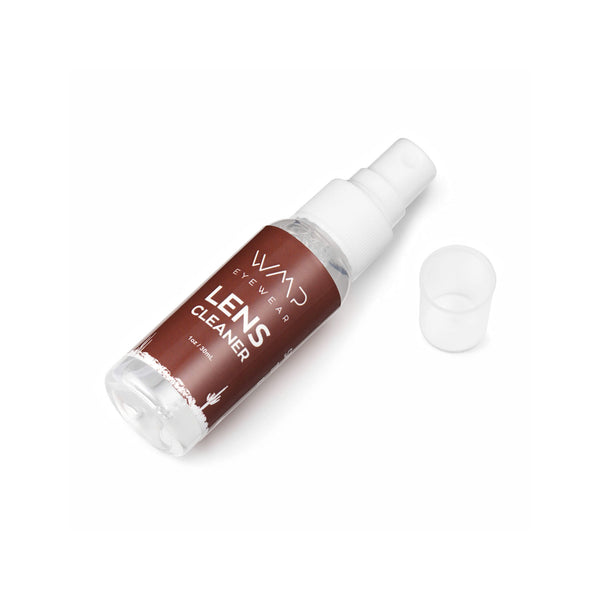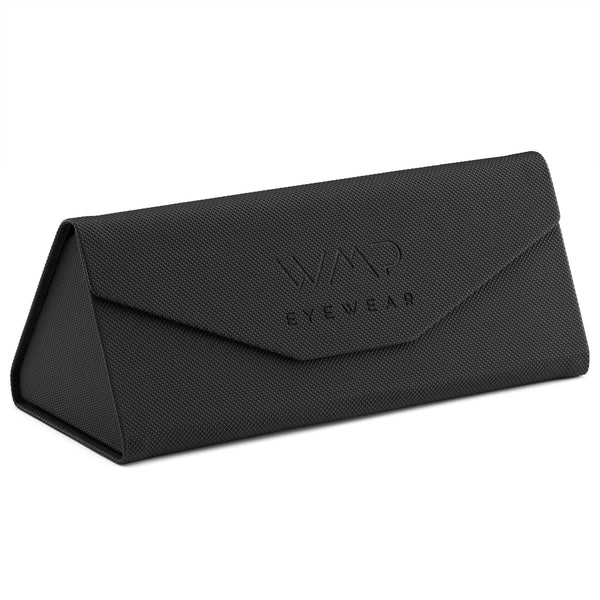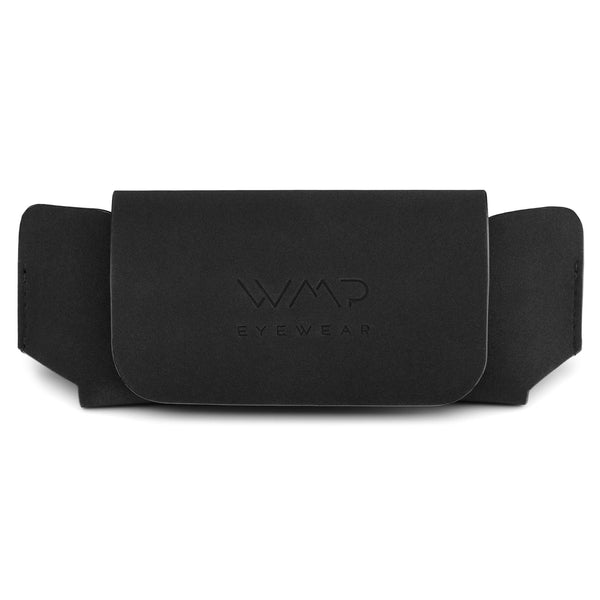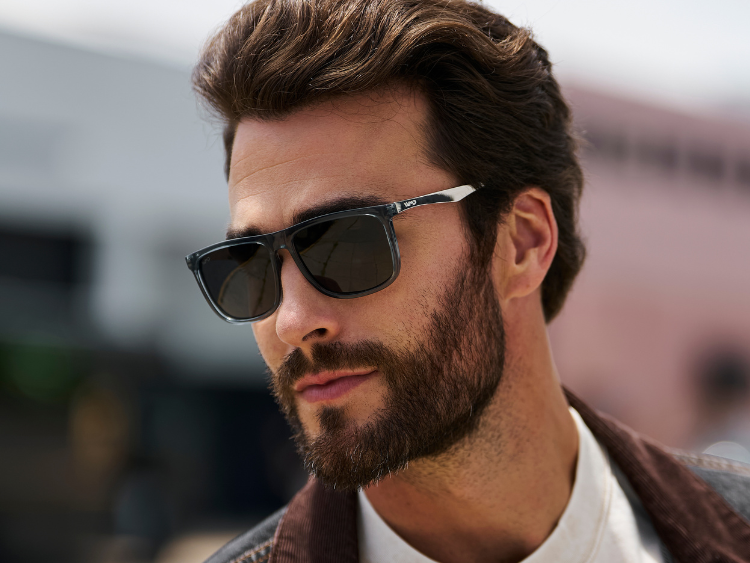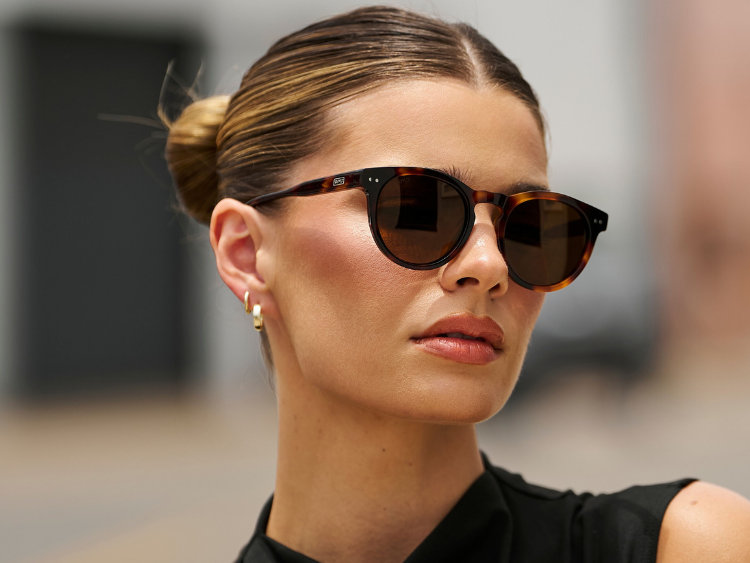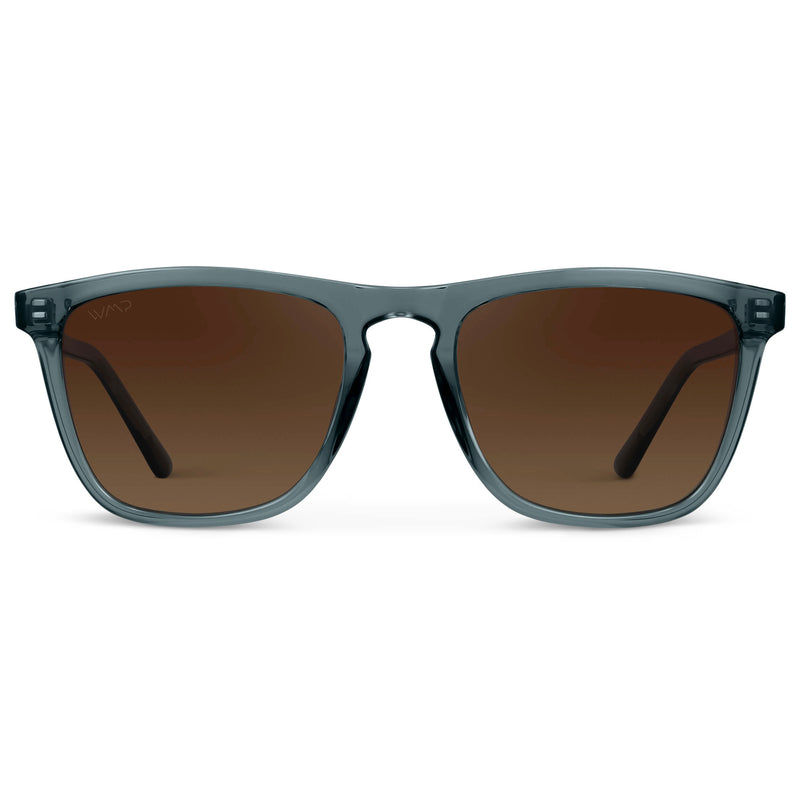Best Sunglasses for Eye Protection (UV, Blue Light & Glare)

You only get one pair of eyes. While researchers hope to complete full eye transplants in the next decade, for now, you should treat the ones you have as best as you can. While most people know that you need to wear sunglasses, did you know that UV rays aren’t the only type of wavelength that harm your eyes?
Blue light comes from digital devices through screens and can cause the same problems as UV rays. Macular degeneration, eye cancer, and growths on the whites of the eyes can all be traced back to excessive blue light exposure.
So, even if you stay inside all day, you need to know the best sunglasses for eye protection on the market. Keep reading to learn more about the different types of light exposure and how you can protect your eyes from damage.
How to Protect Your Eyes from Harsh Light
The best way to protect your eyes from harsh light is to wear protective glasses. These can be sunglasses with added UVA/UVB protection or blue light glasses to combat blue light wavelengths. Another issue, glare, can be distracting while driving because it can make it hard to see.
The Importance of UV Protection
UV light is a type of invisible light that comes from the sun or artificial sources, like a tanning bed. UV light is radiation, and it can make its way into your skin easier than visible light sources. Prolonged exposure to UV light leads to multiple eye problems.
- Surfer’s eye (also called pterygium) is a type of growth that slowly extends over your pupils and iris, compromising your vision.
- Macular degeneration makes it harder to see in the center of your field of vision but you can see in the periphery.
- Basal cell carcinoma and squamous cell carcinoma both occur when there’s too much UV exposure.
Do All Sunglasses Have UV Protection?
No, not all sunglasses have UV protection, so you must check the label or with the manufacturer to ensure that they do. A good rule to go by is if the sunglasses don’t say that they have UV protection, they probably don’t.
Sunglasses without UV protection aren’t doing you any good. They might make you slightly more comfortable outdoors but they are not preventing serious injury long term. Instead, always purchase sunglasses that state that they have either 100% UVA/UVB protection or 400 UV protection.
400 UV protection means that they block wavelengths of up to 400nm, which is the measurement of those harmful UV rays.
Why You Should Be Wearing Blue Light Glasses
You should be wearing blue light glasses because blue light causes eye strain, disturbs sleep quality, and can lead to harmful health conditions like macular degeneration. While a good chunk of people’s blue light exposure comes from the sun, it also comes from screens.
Blue light glasses contain lenses that filter out this harmful blue light. Wear these when you’re working on the computer or browsing your phone. When outside, you can wear 100% UVA/UVB-blocking sunglasses and those will block blue light as well.
How Do I Know If My Blue Light Glasses Are Working?
When you wear blue light glasses, you’ll feel relief from eye strain, be less likely to develop eye issues like cataracts, your eyes won’t feel so dry, and you’ll be able to sleep better at night.
Damaging Effects of Glare
Glare happens when an excessive amount of light hits a surface or shiny object and causes your eyes to squint because it can’t handle the amount of light you’re looking at. We most often experience glare while driving or looking at a reflective surface. The biggest issue with glare is that it compromises our vision and can cause excessive eye strain.
If you’re driving and you see a spot of glare from the sun, it causes you to squint. This means that you could miss an object in the road, run it over, and get a flat tire. Glare could also cause you to misjudge the difference between you and the next car, making you more likely to get in an accident.
Do Polarized Lenses Reduce Glare?
Polarized lenses reduce glare because they change the direction of the wavelength that causes glare in the first place. When light hits a flat surface, it sends it out horizontally. This light becomes too bright for our eyes, and it causes glare.
Polarized lenses only allow vertical light to filter through, which is easier for our eyes to see. Polarized sunglasses block horizontal light, making glare less aggressive.
Best Sunglasses for Eye Protection
Best Polarized Sunglasses
You don’t have to pay hundreds of dollars for a great pair of polarized sunglasses. WMP Eyewear offers tons of polarized sunglasses to suit every face shape.
You can’t go wrong with Emerson, a modern take on the iconic aviator that comes in at under $40. These classic frames feature a single nose bridge and squared lenses, so no glare can poke through and disrupt your driving or day at home in the backyard. Plus, they feature 100% UVA/UVB protection, so your eyes are safe from harmful UV rays.
Best Sunglasses for UV Protection
If you’re spending time outside, buy sunglasses that offer 100% UVA/UVB protection. For a light pair of sunglasses that protect your eyes and keep you looking cool on the beach, try Abner.
These trendy square sunglasses are under $40 but offer top-rated UV protection. With four cool colors and lens options, there’s a sunglass style for everyone.
Best Pair for Screen Time
To prevent blue light damage, shop for a pair of blue light glasses from WMP Eyewear. If you want to look more studious at the office, then you’ll love Quinn. These semi-rimless wire frames feature a light design with nose pads to keep you comfortable all day long. Plus, they won’t cost you much money at only $24.
Other Ways You Can Protect Your Eyes
Find Sunglasses That Fit
You need to find sunglasses that fit your face to ensure you get the protection you need. If they’re too loose, they’ll constantly slide down and expose your eyes to the sun. Plus, this could be a huge distraction while driving.
But if you pick sunglasses that are too tight, they’ll give you a headache or let too many UV rays in from the corners, defeating the purpose of wearing them.
When shopping for sunglasses, make sure the lens width covers your entire eye and that the arms fit snugly to your face so they don’t slide around.
Wear a Wide-Brim Hat
Block the sun from coming near your eyes with a wide-brim hat. Wide-brim hats also protect the delicate skin on your face and neck from becoming sunburned. They also keep you cooler so you stay more comfortable during long days outside.
Stay In the Shade
If possible, stay in the shade when you’re outside. Shade is one of the best ways to prevent UV rays from hitting your skin. You still need to put on sunscreen for your skin and wear sunglasses, but you’ll have maximum UV protection.
Frequently Asked Questions
Do Polarized Sunglasses Protect Your Eyes Better?
No, polarized sunglasses do not protect your eyes better than 100%UVA/UVB lenses. Polarized sunglasses do better at protecting your eyes from glare, but not all polarized sunglasses come with UV protection. Be sure to choose a pair of polarized sunglasses that also have 100% UV protection.
What Color Sunglasses Are Best for UV Protection?
The color of sunglasses doesn’t matter when it comes to UV protection. You can purchase any color tint, as long as the label says that the sunglasses come with 100% UVA/UVB protection or are 400 UV rated (which means it blocks wavelengths up to 400nm in length, which is the UV range).
Are Expensive Sunglasses Really Better?
No, expensive sunglasses are not better. Sunglasses are expensive because of a monopoly on the sunglasses industry. The brand Luxottica owns 80% of the major sunglasses brand, so they unethically drive up prices.
Smaller companies like WMP Eyewear, Warby Parker, and Roka all feature great frames at reasonable prices.
